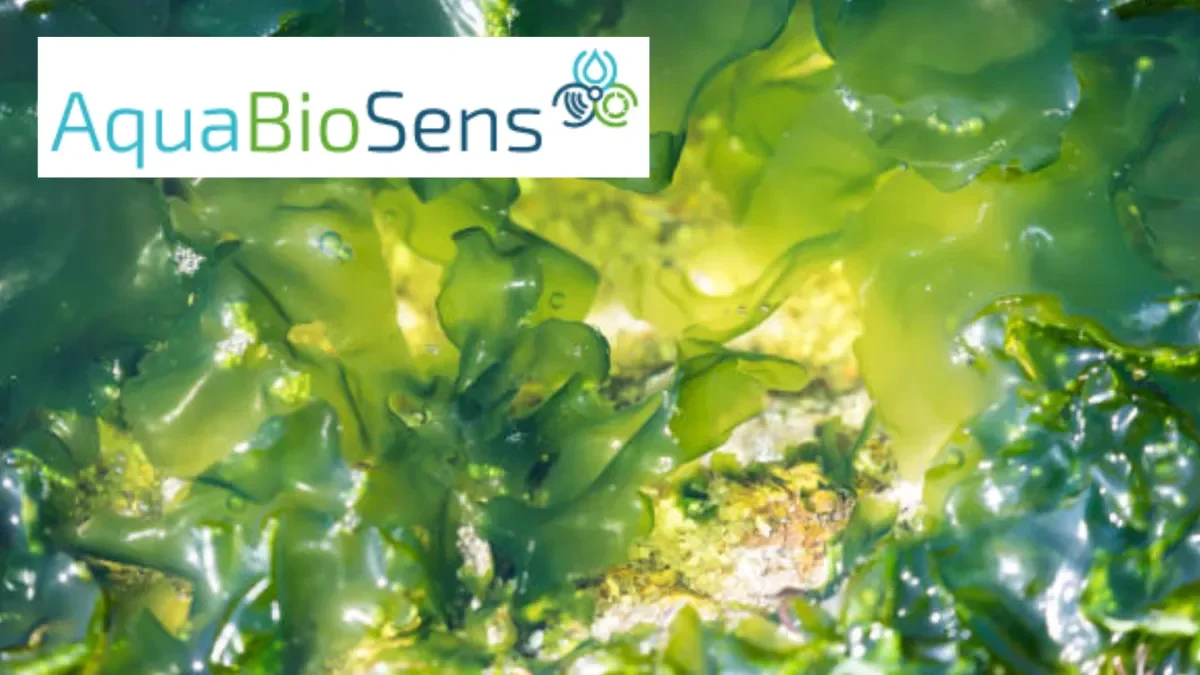

AquaBioSens: Tackling Harmful Algal Blooms Through Real-Time Ocean Monitoring
On World Ocean Day, we recognize the vital role our oceans play in sustaining life. However, pollution—particularly harmful algal blooms (HABs)—continues to threaten marine ecosystems. These blooms, fueled by nutrient pollution, warmer water temperatures, and changes in water flow or circulation reduce oxygen levels, disrupt aquatic food chains, and degrade overall ecosystem health. HABs can also pose a significant risk to human health. Exposure can occur through the consumption of contaminated seafood, direct contact with affected waters while swimming or engaging in other recreational activities, or inhalation of airborne droplets containing algal toxins. These toxins can lead to a range of health issues, making effective monitoring and mitigation essential for protecting both marine ecosystems and public safety.
Traditional water monitoring methods often take days or weeks to yield results, delaying intervention and allowing pollutants to spread unchecked. The Horizon EU AquaBioSens project is revolutionizing marine water quality monitoring by introducing portable, real-time detection devices designed to identify aquatic hazards on-site supporting the EU Mission to “Restore our ocean and waters by 2030”. These innovative tools empower non-specialists to assess water quality quickly, ensuring faster responses to pollution events and improved environmental management.
Key Innovations for Ocean Health
- Hand-held sensors using antibody assays and surface acoustic wave sensing to detect organic contaminants and toxins that contribute to HAB formation.
- Fluorescence analyzers for detecting eRNA, enabling sensitive biotic pollution measurement and early identification of harmful algal blooms.
- Biosensors for heavy metals, leveraging fish gill epithelia and diatoms with fluorescent proteins to track metal pollutants that can exacerbate HABs.
- Advanced data systems, integrating real-time digital results into interoperable platforms for transparency and ease of use.
These cost-effective, accessible technologies are designed to support marine conservation efforts, ensuring that pollution can be detected before it causes irreversible damage. By transitioning from labor-intensive laboratory tests to user-friendly field assessments, AquaBioSens is making ocean protection more efficient and inclusive.
Transforming Marine Monitoring for a Safer, Healthier Ocean
At the DCU Water Institute, researchers are revolutionising how we measure and monitor our marine environment. Through AquaBioSens, we are developing cutting-edge rapid field and laboratory tests for microcystin-LR, a potent toxin increasingly detected in drinking water reservoirs and marine ecosystems due to harmful algal blooms (HABs). Simultaneously, we are pioneering recombinant antibody technology to detect bifenthrin, a persistent and toxic insecticide, enabling its integration into next-generation real-time immunosensors.
These scientific breakthroughs are redefining the speed, sensitivity, and precision of marine water quality assessments. By equipping stakeholders with innovative tools for early warning and responsive action, AquaBioSens is protecting ocean health, safeguarding coastal communities, and driving global progress in the fight against marine pollution.
For more information, visit AquaBioSens.
